|
|
|
Editor's note
|
|
There’s been widespread praise for Malawi’s Constitutional Court after its judges annulled the 2019 election that saw Peter Mutharika win a second term as president. The judges have ordered that a new poll be held within five months. But, warn Dan Barik and Happy Kayuni, future elections will not be viewed as any more legitimate if the country’s electoral rules remain unchanged. And Michael Wahman considers whether other political institutions and actors in Malawi can step up to the challenge laid out by the court, and consolidate the country’s democracy.
|
Julius Maina
Regional Editor East Africa
|

|
|
Top Story
|

Malawi’s President elect Peter Mutharika waves to supporters during the swearing in ceremony in Blantyre in May last year after the contentious poll.
AMOS Gumulira/AFP via Getty Images
Dan Banik, University of Oslo; Happy Kayuni, University of Malawi
A new round of elections offers an opportunity to strengthen civil and political freedoms.
|
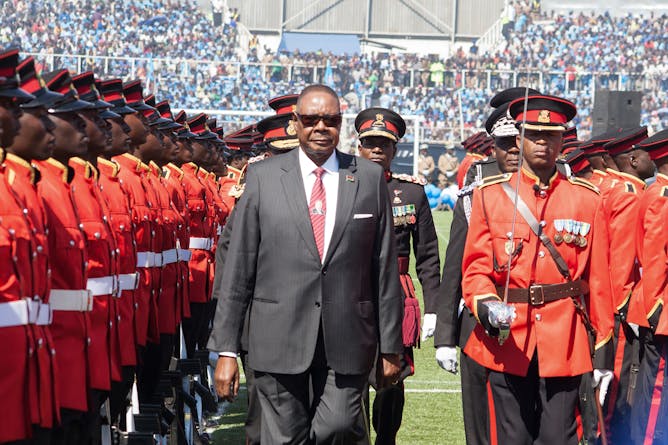
Peter Mutharika during his inauguration as the President of Malawi last May. A court has annnulled his election.
Amos Gumulira/AFP via Getty Images
Michael Wahman, Michigan State University
Will the same electoral commission, so heavily criticised in the court’s ruling, improve its capacity and arrange more credible elections?
|
Health + Medicine
|
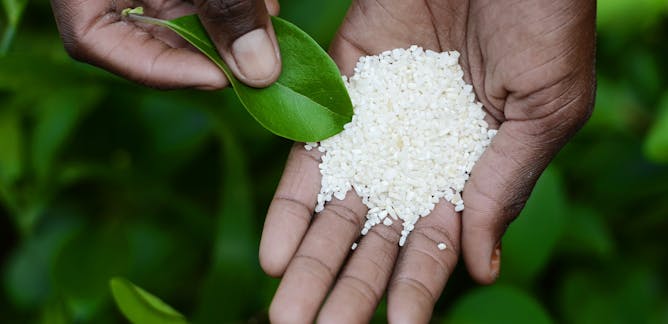
Blessing Akombi, UNSW
Nigeria has an alarming number of stunted children. This can hold back the country's long-term productivity if there is no intervention.
| |

Manogari Chetty, University of the Western Cape
Dentists need to have a sound understanding of genetics to treat and manage patients effectively.
|
|
|
Politics
|
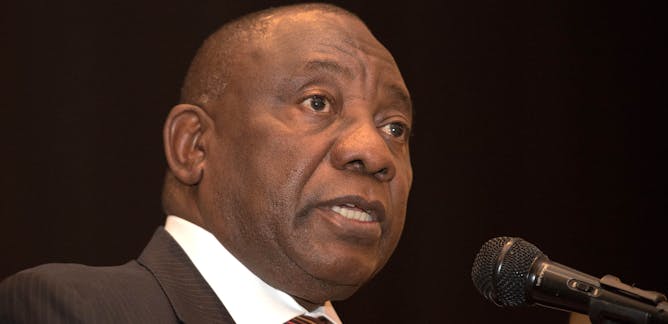
Susan Booysen, University of the Witwatersrand
The challenge to deliver a persuasive speech comes firstly in the context of intense doubts as to whether President Ramaphosa is truly in charge of the ANC.
| |
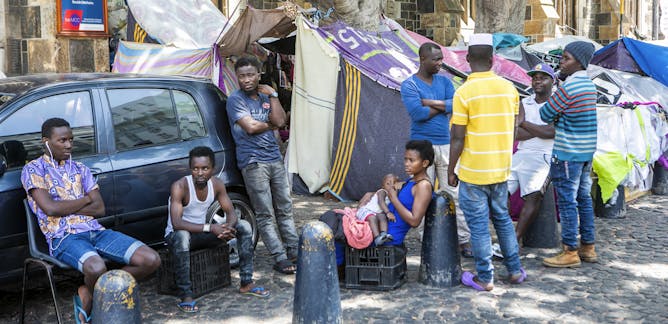
Christine Hobden, University of Fort Hare
Refugee legislation introduced after the end of apartheid was lauded as being progressive. But implementation has fallen short of international standards.
|
|
|
In the news
|

Ntombizikhona Beaulah Ndlovu, iThemba LABS; Amanda Weltman, University of Cape Town; Amélie Beaudet, University of the Witwatersrand; Judith Koskey, Egerton University; Marilyn Ronoh, University of Nairobi; Melisa Achoko Allela, Technical University of Kenya; Mercy Muendo, Daystar University
Women are drastically under-represented in the science, technology, engineering and maths fields.
| |
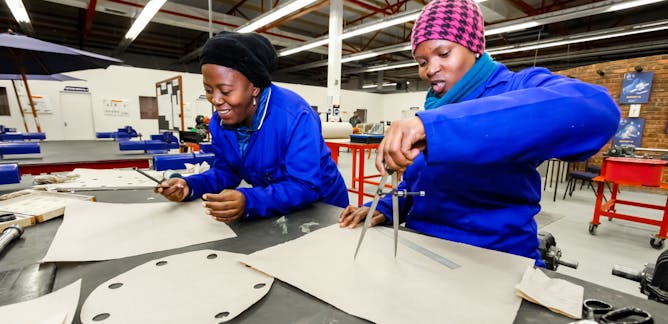
Rachel Adams, Human Sciences Research Council
The world of the fourth industrial revolution looks set to be one dominated by forms of knowledge and industries -- like science and technology -- that have long been dominated by men.
|
|
|
From our international editions
|
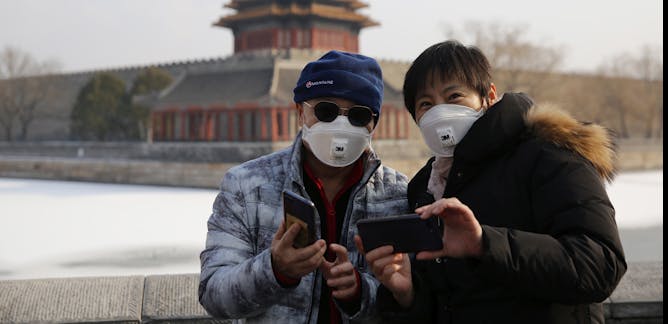
Haiqing Yu, RMIT University
As cities have shut down and residential compounds have issued curfews, social media in China have become more important than ever. But it is a place of rumours and mistruths.
| |

John D. Cameron, Dalhousie University
This Valentine's Day, governments around the world need to reflect on how laws and public policies may undermine people’s capacity to love and be loved — and the long-term costs of lost love.
|
|
|
En français
|
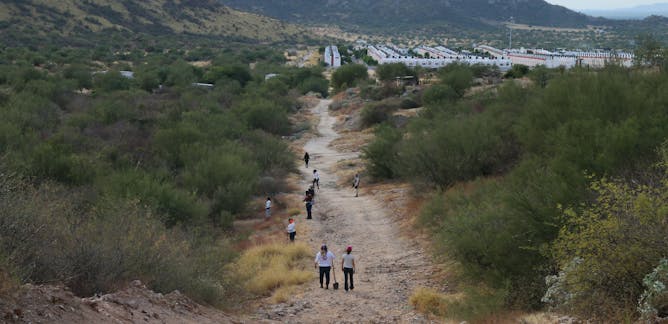
Paola Díaz, École des hautes études en sciences sociales (EHESS)
Plus de 70 collectifs ont consacré leur vie à la recherche de leurs proches au Mexique, où l’on estime que 60 000 personnes ont disparu « de force ».
| |
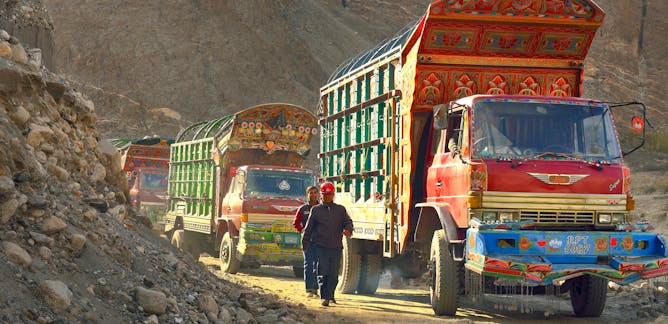
Marine Bertuzzi, Agence française de développement (AFD); Laëtitia Tremel, Agence française de développement (AFD); Thomas Melonio, Agence française de développement (AFD)
Volontariste en matière de protection de l’environnement, la Chine entend « verdir » ses projets au sein des nouvelles routes de la soie. Mais pourra-t-elle, seule, éviter le greenwashing ?
|
|
|
| |
| |
| |
| |
Would you like to republish any of these articles?
|
|
It’s free to republish, here are the guidelines.
Contact us on africa-republish@theconversation.com in case you need assistance.
|
| |
| |
| |
| |
|
|
|
|
|
|
|